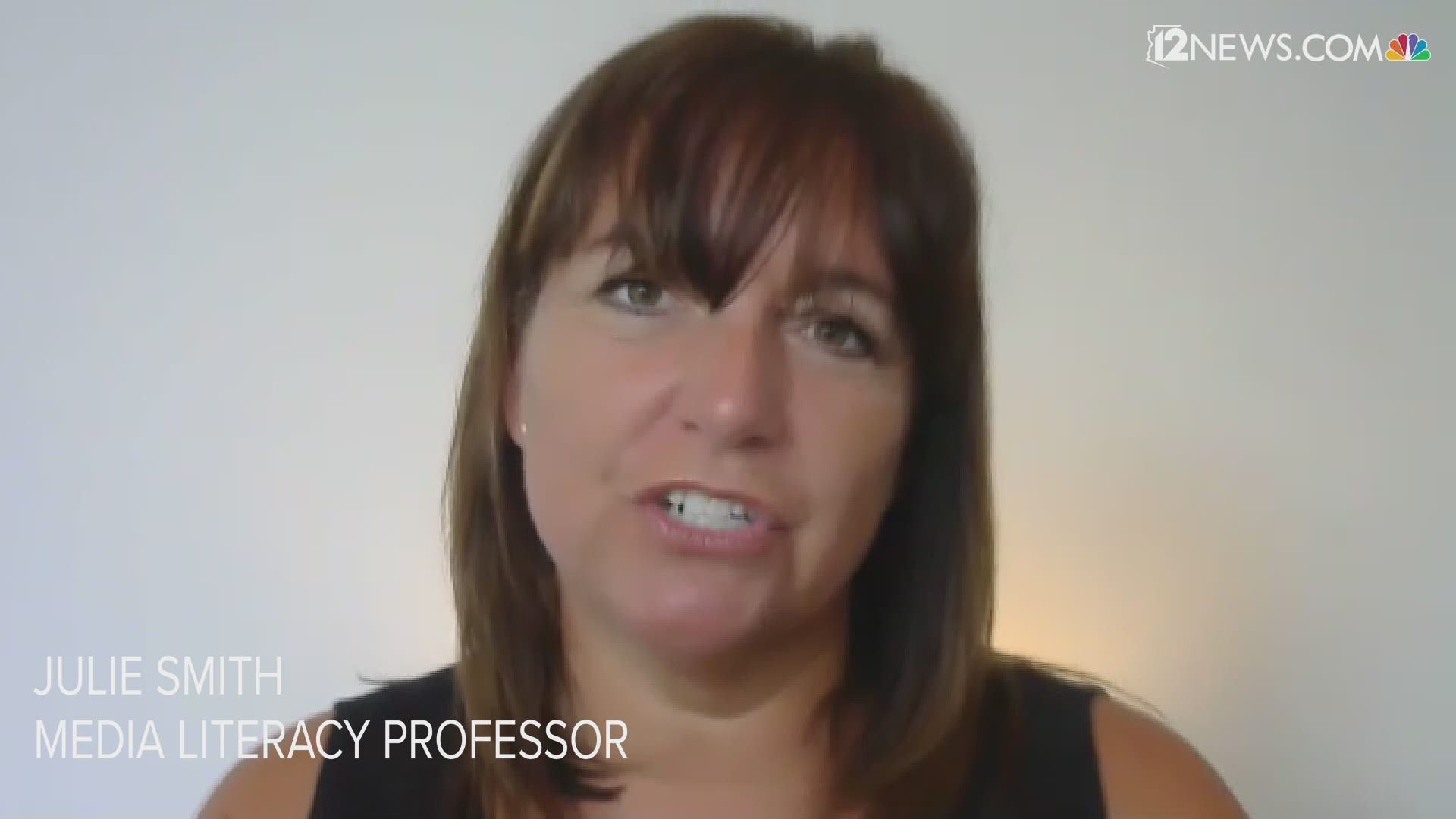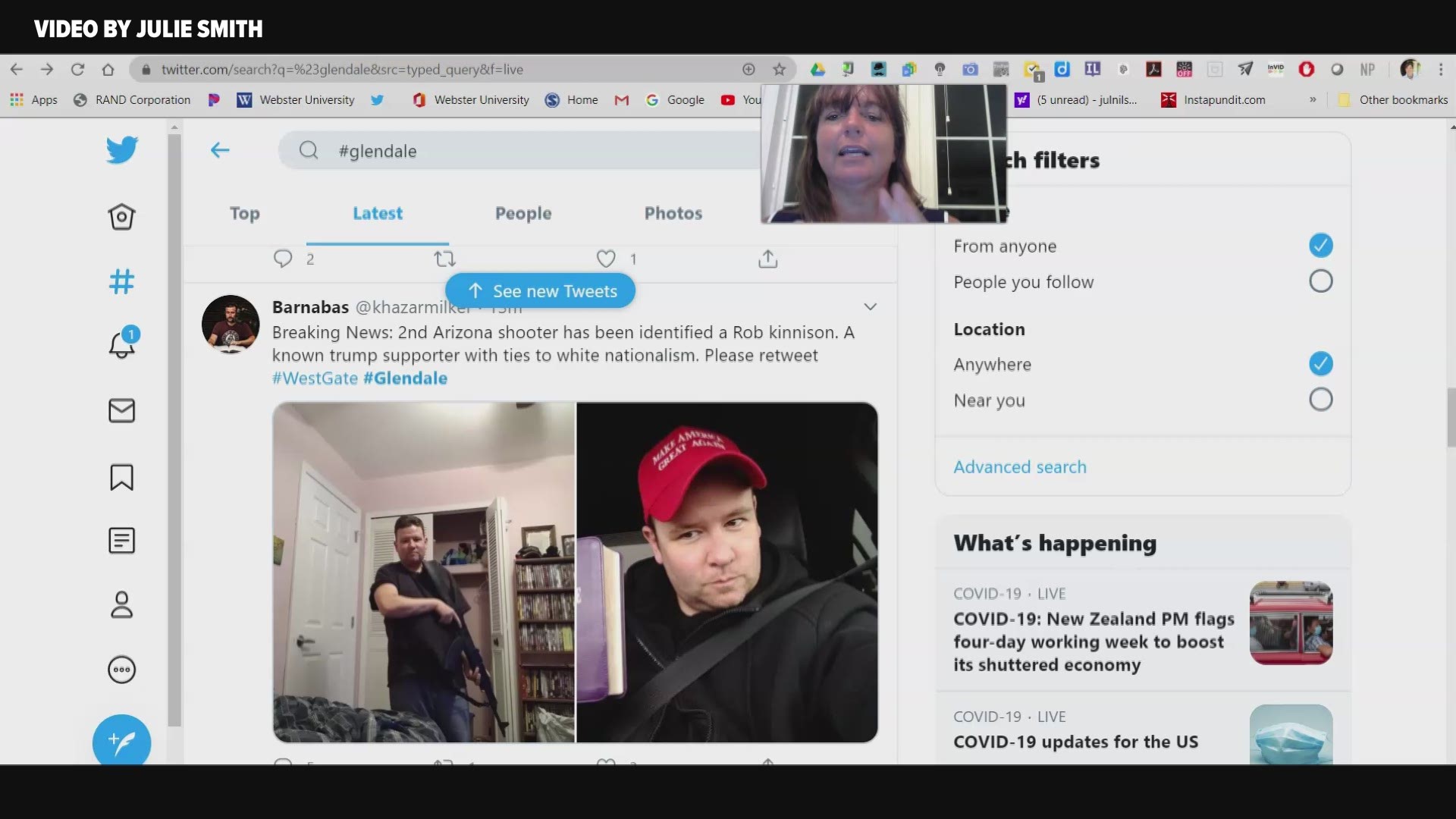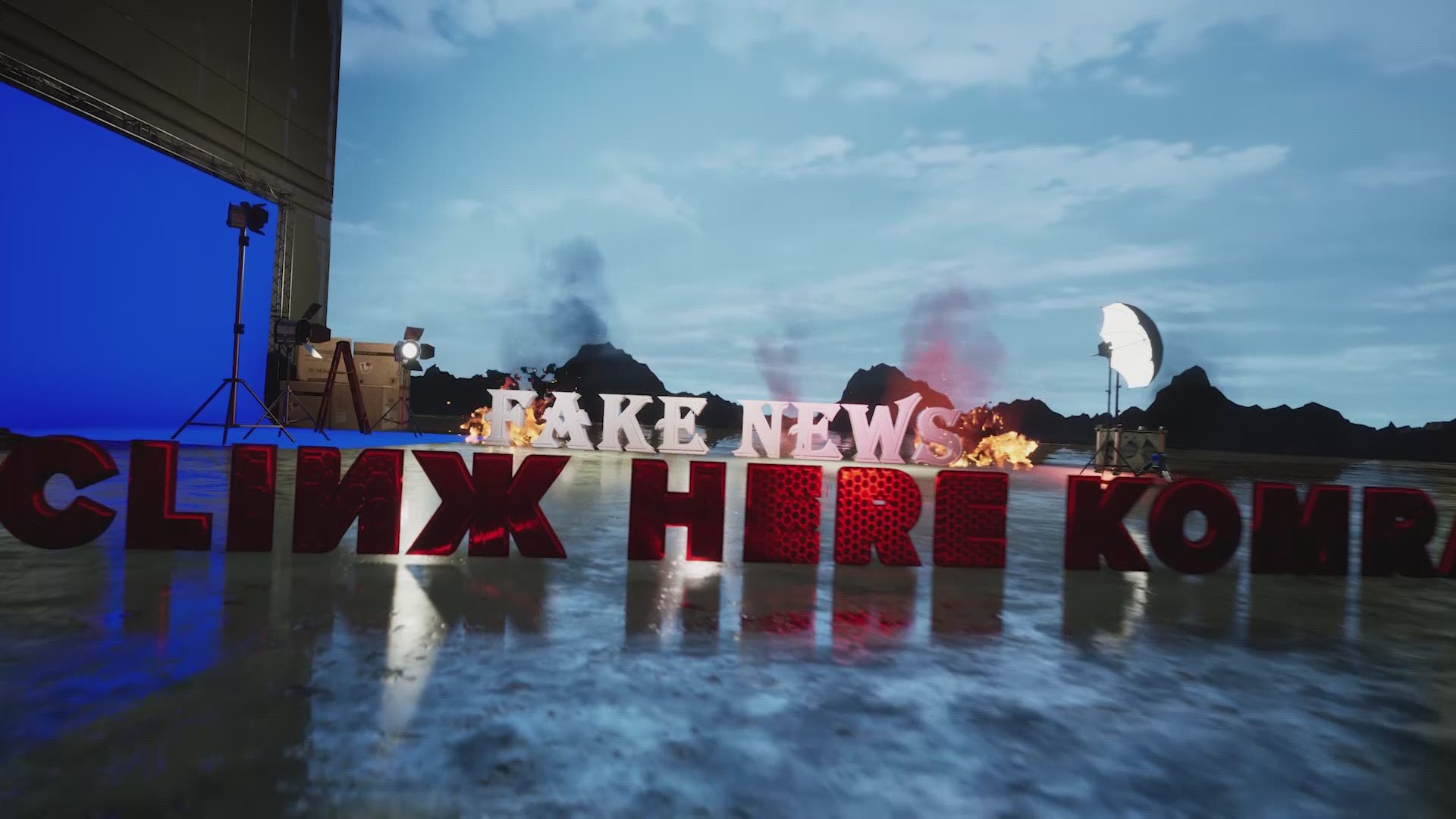GLENDALE, Ariz. —
A warm, pleasant spring evening at Westgate Entertainment District in Glendale was overtaken with panic and fear as a lone gunman opened fire on Wednesday.
The chaos and confusion had many glued to their phones, scouring social media and other websites for details on what was happening.
This breaking news situation, like most, created the perfect conditions for those looking to spread misinformation.
Julie Smith, instructor at Webster University in St. Louis, studies how misinformation travels online.
She said when she saw Glendale trending on Twitter she dove in to see what users were sharing about the shooting.
She said she quickly noticed a suspicious post from an unverified account claiming to have pictures of a second shooter.
“It said breaking news and please retweet. So those are red flags because traditional news sources would never ask you to retweet something. So immediately this is probably a good example of how, especially during breaking news, misinformation can travel,” Smith explained.
Smith made a short video showing how she discovered the information in the tweet was totally wrong and the pictures weren’t even of anyone involved in the shooting.
Watch the video below.
Smith said many times the motivation behind spreading false or misleading information online is about earning money for clicks, and other times it is just a way to mess with people.
“Some cases it could be monetary. Other studies have shown that some people do it just for sport, to see if they can fool, quote-on-quote, the other side. And I think some people just like to stir things up,” Smith said.
Smith explained misleading people online is made easier in breaking news situations.
“And it is very easy to do during breaking news because people are going to the web for immediate information and there is not a lot of official information out there yet,” Smith said.
Smith shared some tips on how to spot misinformation online before you share it with your friends and followers.
Look for a strong emotional response. That might be exactly what the account that posted it wants.
Double check information. If there is just one account sharing that information there is a good chance it is inaccurate in some way or completing made up.
Check the source. Try to share information from sources that are reputable. It is also a good sign if more than one source is reporting similar information.
“Does that take time? Yeah it does. But it’s worth it. It’s worth it because misinformation can really poison a society and it can really damage your online reputation as far as credibility goes,” Smith said.



